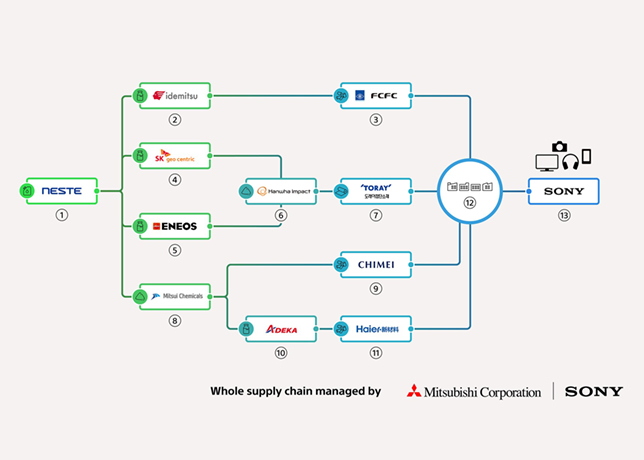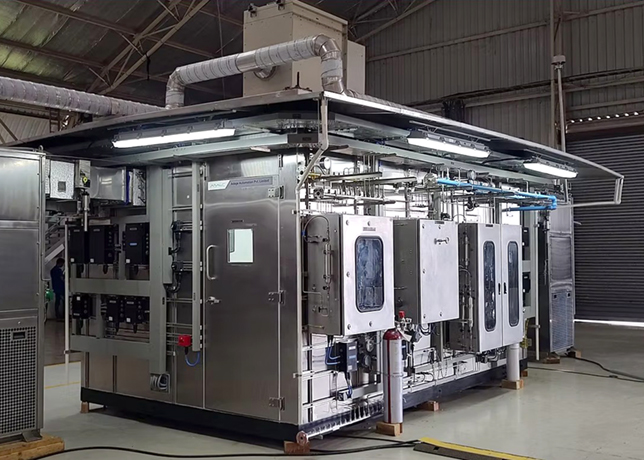

Products made from crude oil may have a significantly higher CO2 footprint than previously assumed, a report by Germany-based Nova Institute has revealed.
It cites findings from the Swiss ecoinvent database, a comprehensive life cycle assessment inventory that provides information on the environmental impacts of various products and services.
'This is a starting point for re-examining the impact of crude oil and fossil raw materials in detail and including them properly in life cycle assessments, since they are the main cause of human-made climate change after all,' RCI said.
The latest versions of the Swiss ecoinvent database, which is the basis for many European LCA's, offers expanded data on the oil and gas supply chains (based on the situation in 2019), as well as the chemicals sector.
As a result of the updates, the footprint of fossil naphtha has almost doubled and those for commodity plastics have increased by around 30 per cent (polyethylene terephthalate 26 per cent, polyethylene 34 per cent and polypropylene 30 per cent).
It is expected that the carbon footprint associated with the production of fossil-based plastics will be 40-50 per cent higher than their bio-based counterparts.
Nova Institute, in 2020, founded the Renewable Carbon Initiative (RCI) to support and speed up the transition from fossil carbon to renewable carbon from biomass, direct CO2 utilisation or recycling for all organic chemicals and materials. It currently has over 60 member companies from the entire chemical value chain from raw material to end-of-life.
By Abdulaziz Khattak
















































































